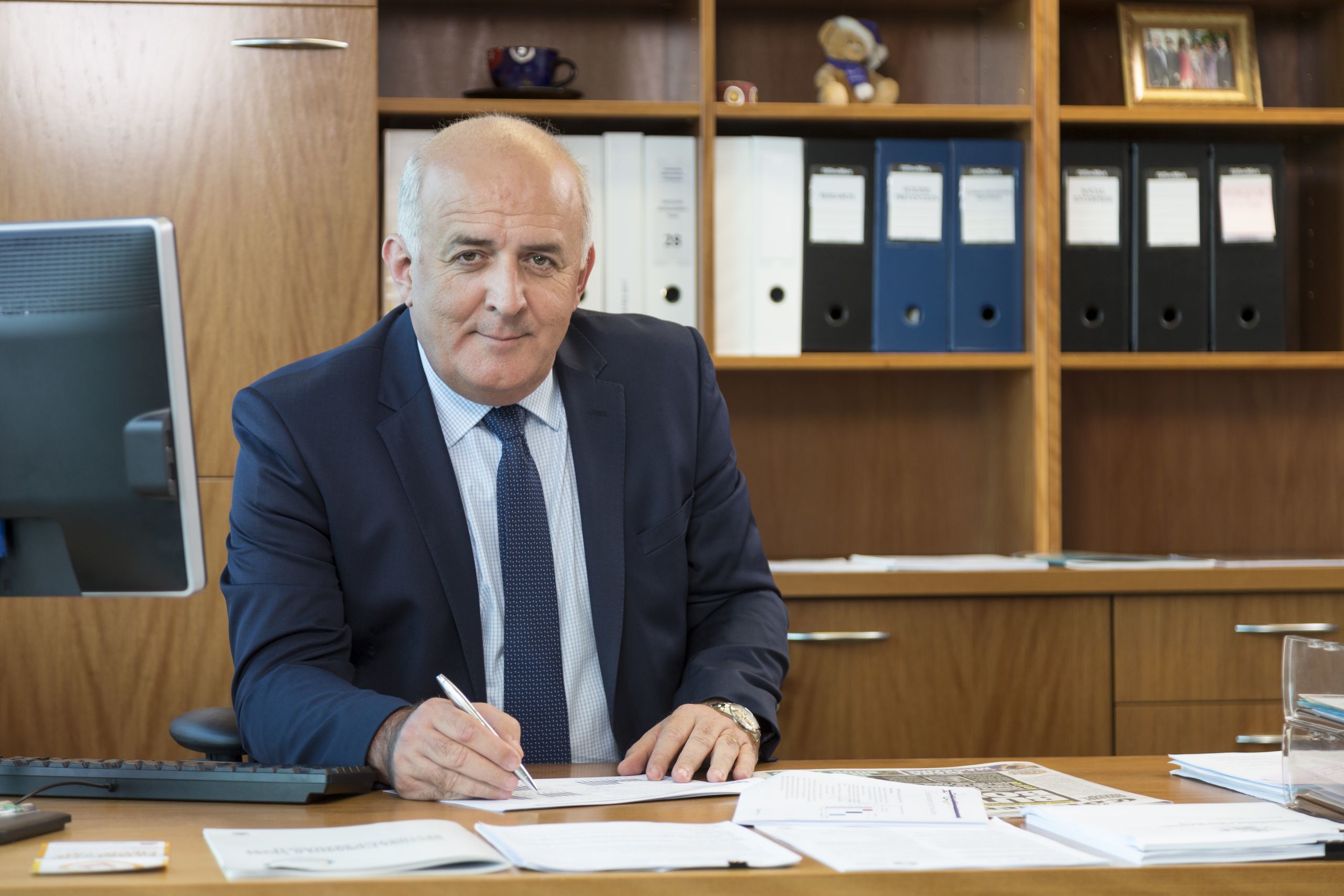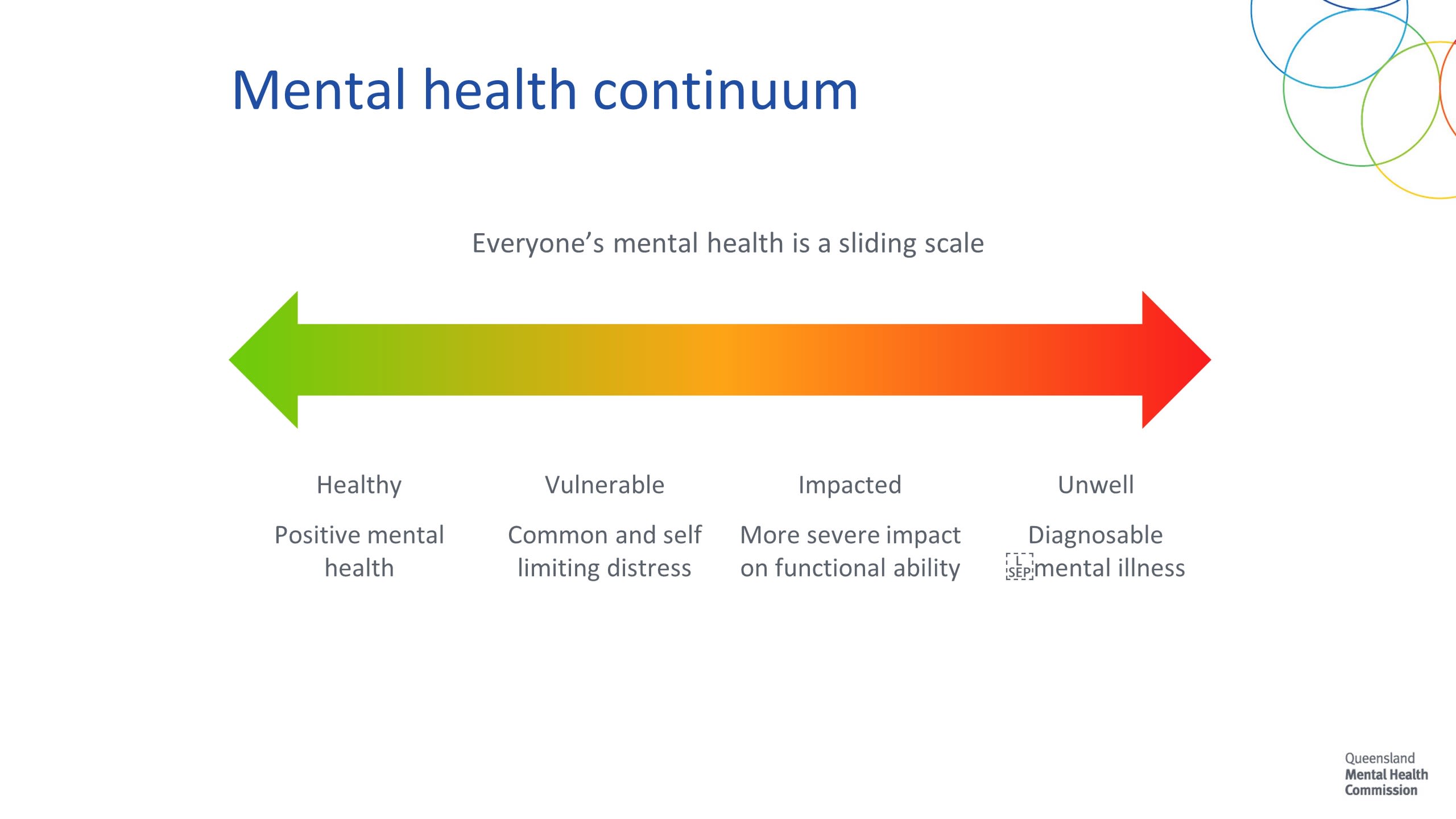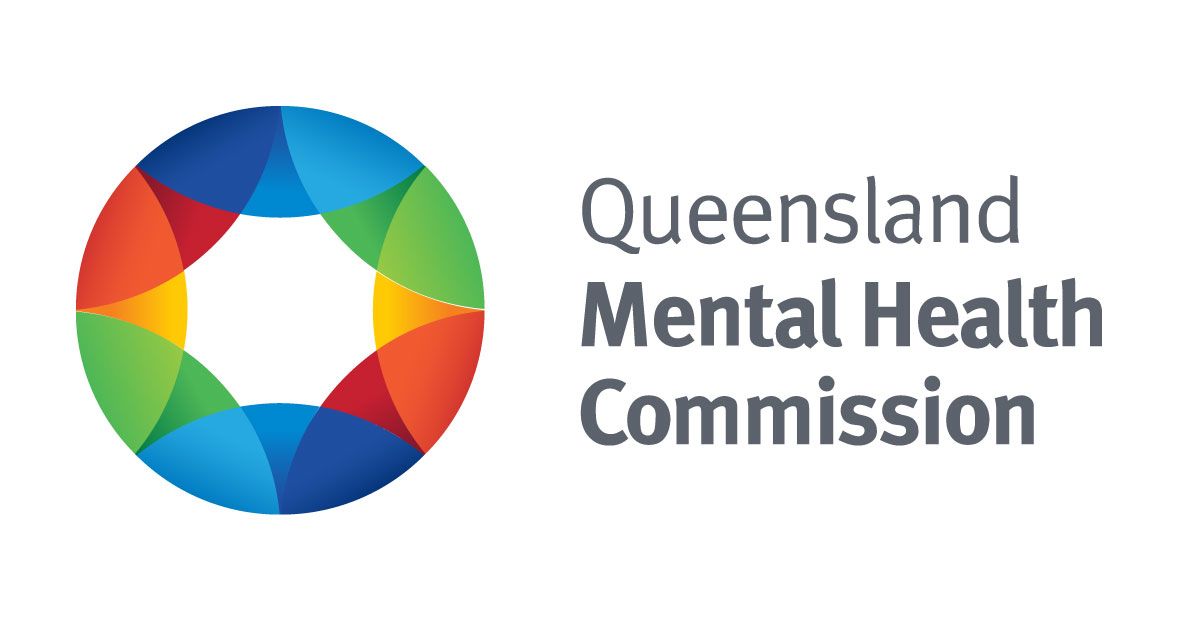Uncertainty and the COVID-19 pandemic
How do we manage our mental health in situations we’ve never experienced before?

While Australians often deal with natural disasters, the COVID19 pandemic is a unique situation – and uncertainty makes it particularly mentally challenging. Queensland Mental Health Commissioner Ivan Frkovic shares advice on how to manage your mental health in ambiguous times.
There’s a lot that we in Australia know about natural disasters, including floods, cyclones, fires and drought.
But when it comes to COVID-19, there are many unknowns, and we don't know whether our responses and our ways of recovering from natural disasters will apply to the pandemic.

And that uncertainty is adding to our distress. We are better at coping when we know the timing, we know how to respond, and we know where the risk is coming from.
This is not the case with COVID-19, and that’s causing additional stress, anxiety and pressure on our society.
We’re aware of some common responses to natural disasters, but we don’t yet know if they will apply to the COVID-19 pandemic.

The heroic stage: we come together, we prepare and we’re ready to deal with the situation.
The honeymoon stage: relief at survival and the promise of help from governments and agencies.
The frustration stage: things are hard, they aren’t happening as quickly as we’d like them to.
The exhaustion stage: we’re trying to rebuild but it's taking a lot of time and energy. We're worn down by the stress of the ongoing recovery effort.
The delays stage: red tape, limited resources and other obstacles slow the path to recovery.
The reconstruction phase: as a community, we start to rebuild.
The mental health continuum, or continuum of vulnerability, does apply.
We are all on the continuum of vulnerability. People that have been healthy and well may be more vulnerable now.

And there are people who are living with mental illness who will be experiencing a whole range of life stressors at the moment.
We move up and down that continuum – all of us – depending on a range of factors including social, economic, environmental, family, community, and employment factors.
All of those things will impact on how we deal and how we move up and down the continuum.
To feel unsafe is a normal reaction to an abnormal situation.
There are signs of distress, anxiety and depression that we can all look out for.
Such signs can be physical, cognitive, emotional or behavioural.
We may start to experience headaches, find it difficult to sleep, or become moody.
There could be an increase in alcohol consumption or relationship conflict and problems.
All of these are signs of potential distress, anxiety and depression. But it's rarely just one of those things in isolation.
It's a combination across the physical, cognitive, emotional and behavioural domains.




So how do we respond to this kind of mental ill-health? A stepped response is important, because different groups of people will have different needs.
And it’s important that we look after our physical health through diet and activity.
Try to add structure to your day and take time away from social and traditional media. Be clear and factual when talking to people about the pandemic. If you’re a carer, remember to take time for your own mental health as well. Importantly, stay in touch with friends, family and support networks.
We need to feel connected, even in this environment, where there are lots of restrictions in terms of connections.
Social distancing does not have to mean social isolation. In fact, it should mean the opposite.

Importantly, we are all in this together. And we are more likely to come out the other end stronger and better positioned to deal with a whole range of life challenges if we continue to support each other, and to access the supports and resources that are available to us.
Mental health resources
If you need extra support at this time, you can find a range of resources on our dedicated COVID-19 and mental health page.
- Life in Mind has established a web page dedicated to mental health support for COVID-19
- Beyond Blue has tips on how to look after your mental health during the coronavirus outbreak.
- The Australian Psychological Society has an information sheet on how to cope with coronavirus anxiety.
- The World Health Organisation has information about mental health and coronavirus.
- RUOK? has tips about looking out for family members or friends who are struggling.
- The Butterfly Foundation has tips and advice for people with eating disorders.
- Phoenix Australia has tips for caring for yourself and your family.
- 1300 MH CALL: Mental health access line – a confidential mental health phone service, providing the first point of contact for mental health services to Queenslanders.
- SBS has COVID-19 health and mental health information in languages other than English.


